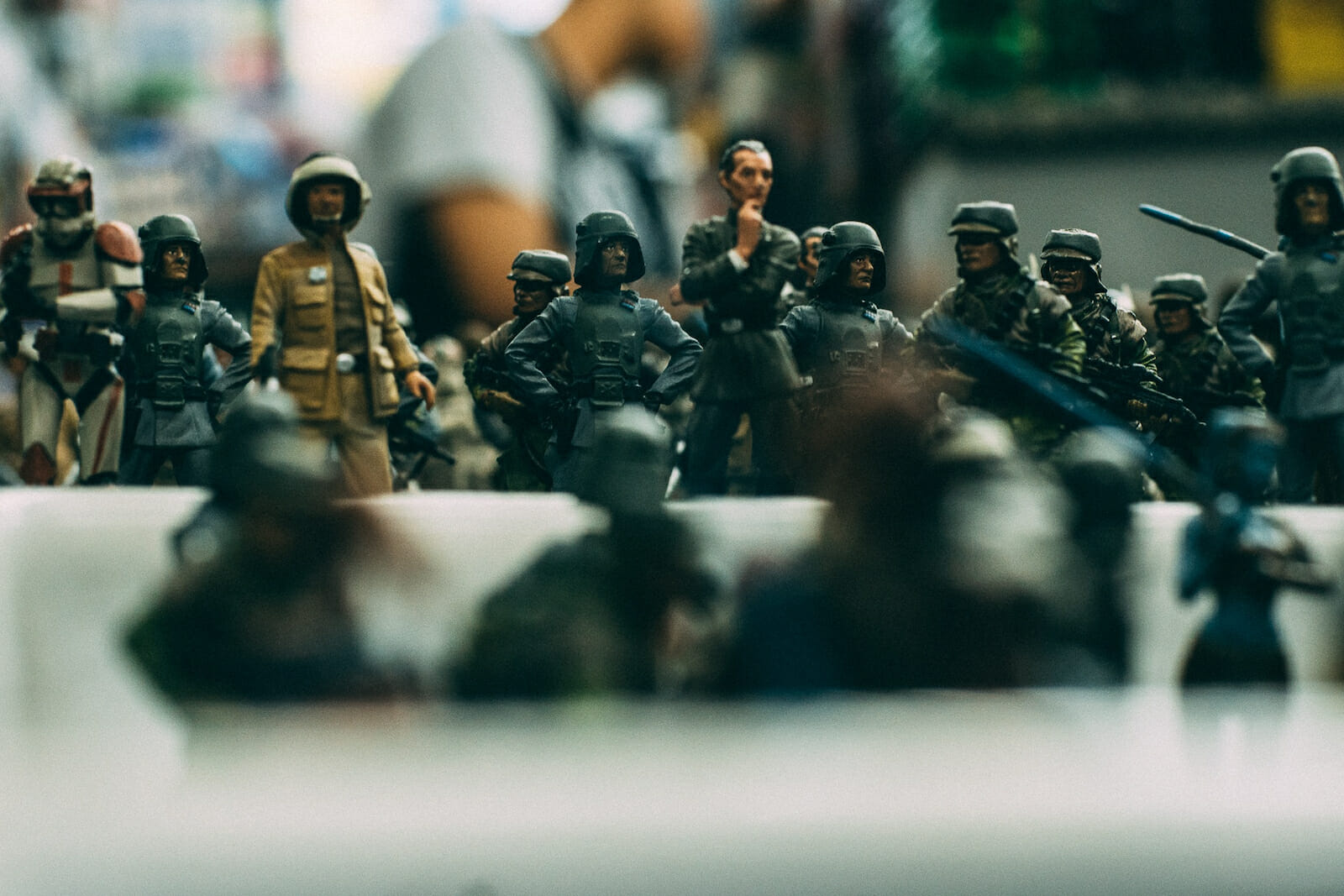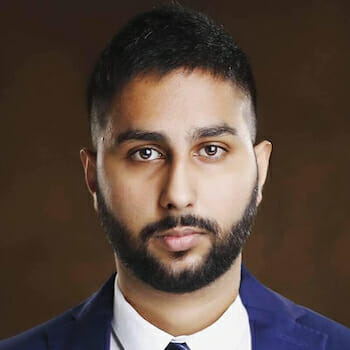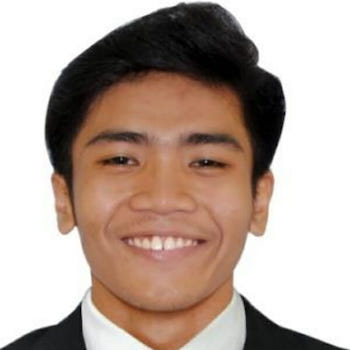
China, the WHO, and COVID-19: How Maximizing Power Brings Uncertainty
As a catastrophic pandemic takes center stage in global affairs, the theory of offensive realism can be effectively applied to understand the dynamics of this tumultuous situation. The theory explains that states seek to maximize their relative power to safeguard their survival under conditions of anarchy. Offensive realism also provides a crucial understanding of the role of international institutions. Powerful states shape international institutions to maintain their share of world power or try to increase it. Realism explains how powerful states tend to dominate international institutions which in turn affects institutional decision-making capabilities.
At a time when a global response and collective measures are needed to address the spread of COVID-19, the anarchic and self-help nature of the international system prevails. The World Health Organization has been inefficient in managing the ongoing crisis. This can be attributed to the WHO’s fidelity towards China’s position regarding the COVID-19 outbreak which has resulted in the loss of countless lives. China downplayed the threat posed by COVID-19 by suppressing information regarding the outbreak during its early stages. About seven million people left Wuhan, the epicenter of the COVID-19 outbreak, in January. This allowed the virus to spread not only all over China but also all over the world. The massive movement of people occurred before China restricted travel to Wuhan on January 22, 2020.
The complacent and inefficient handling of the situation in China shows the regime’s disinterest in being a responsible actor in the international system. China has exploited the crisis to maximize its share of power in the international system. It has also used and manipulated the WHO to forward these very goals. None of this lets other countries off the hook though. Brazil, the United States, and others dithered during the early stages of the outbreak.
The WHO was late to declare COVID-19 a global pandemic. The official declaration was made only on March 11, 2020. The WHO refused to call it a global pandemic as it might spread unnecessary fear and panic around the world. Various scientists have expressed their strong disagreement with the WHO considering that the global death toll has already surpassed 311,877. Had the WHO declared it a pandemic earlier, more lives could have been saved. Censorship is certainly not a new issue in China. This was clearly illustrated when a Chinese doctor, Lin Wenliang, was imprisoned by the Chinese Communist Party (CCP) after sharing information about the outbreak in its early stages. Another incident was the CCP’s enforced restrictions on any research about the origin of SARS-Cov-2 (the virus that causes COVID-19 infections). As a rising power, China cannot afford to degrade its international image even if it is at the expense of other states.
The WHO under the leadership of Director-General Tedros Adhanom, who interestingly won his post after China backed him, praised Beijing for its transparency and effectiveness in dealing with the outbreak. This ironic response raised several concerns within the international community. When President Donald Trump issued a travel ban as early as January 31, Tedros stated that widespread travel bans were not necessary to stop the outbreak. He said this could “have the effect of increasing fear and stigma, with little public health benefit.” Furthermore, the WHO has constantly ignored Taiwan’s efforts despite its profound success in dealing with the outbreak.
China has been using the pandemic as an opportunity to pursue its global ambitions and increase its influence in the international system. By supplying medical equipment and expertise to countries that have been affected by the pandemic, China aims to restructure the global narrative in its favor. The WHO also plays a crucial role in forwarding China’s interests by painting a positive image of its efforts in alleviating the situation. This shows that international institutions are used as tools by powerful states in forwarding their interests and ambitions. Unfortunately, this also means that international institutions are constrained in their capabilities to effectively address a serious issue if it goes against the interest of a powerful state.
Using the lens of offensive realism, China’s power maximization may cause other powerful states to create counterstrategies to limit it from achieving its global ambitions. President Trump slammed the WHO for being “China-centric” and causing global health conditions to worsen. As a result, Trump announced the suspension of the U.S. contribution to the WHO. This would be a big loss for the WHO since the U.S. contributes the largest share in its budget. As China continues to control the narratives of the WHO, the future of global health security remains uncertain.


